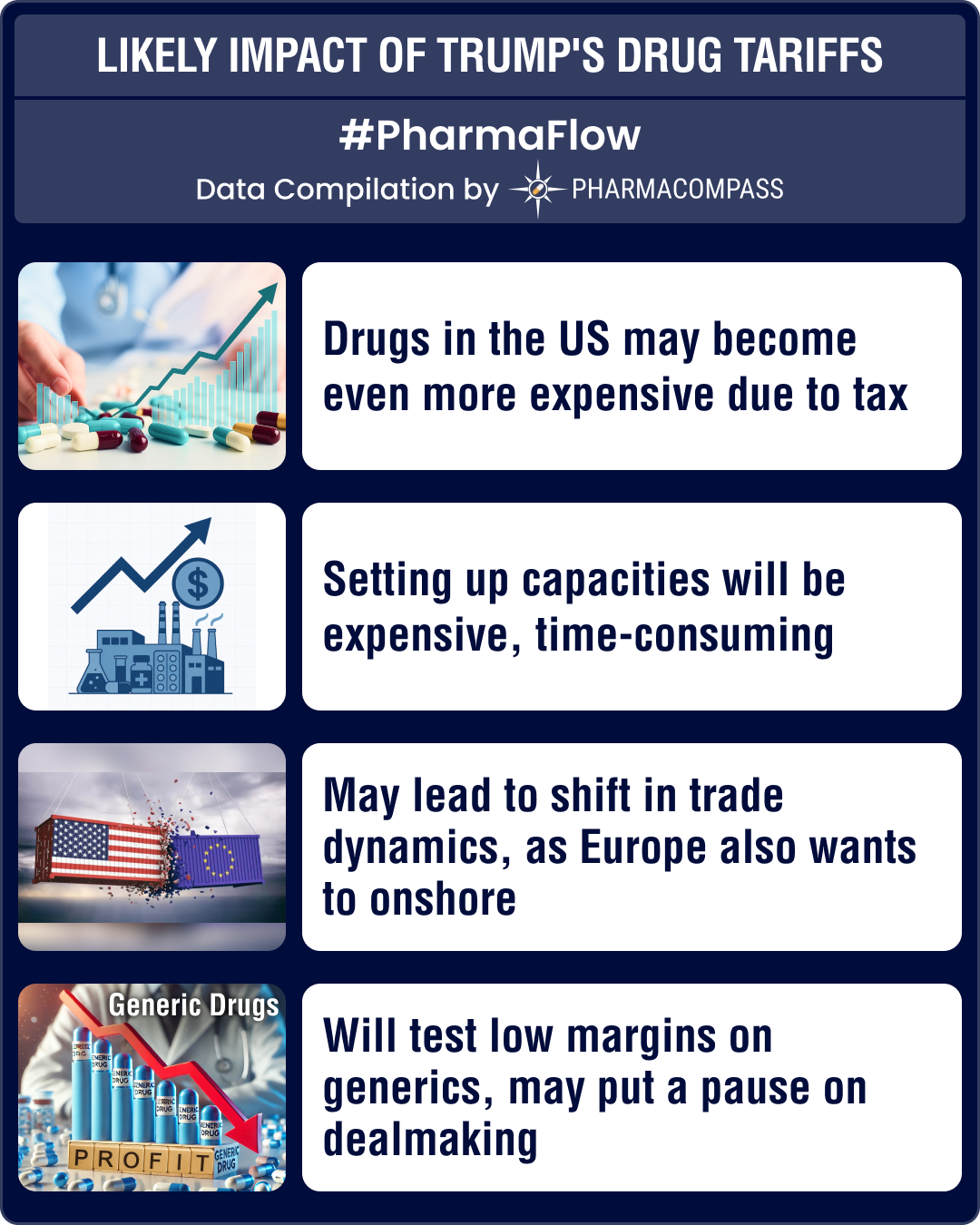
Here’s this week’s pharma news capsule – Phispers (Pharmaceutical Whispers) – which includes compliance issues at a Spanish vaccine manufacturer, positive news on diabetes drug metformin and Sanofi’s takeover bid for Medivation.
Capsules in India may turn veg, as regulator plans ban on animal-derived gelatin
First it was the ban on cow slaughter, then it was the ban of fixed dose combination (FDC) drugs and now the Indian drug authority is considering a proposal to replace the use of gelatin in capsules with cellulose. While a majority of capsules (around 95 percent) are made from gelatin, there have been concerns over the safety of animal derived gelatin in the past.
Drug used by 40 percent pork producers maybe carcinogenic; FDA takes step to withdraw it
The FDA took the first step toward rescinding its approval for the use of carbadox to treat swine because “the drug may leave trace amounts of a carcinogenic residue.” Carbadox, sold commercially as Mecadox, was first approved in the early 1970s. An estimated 40 percent pork producers rely on the medicine to treat and prevent disease in swine, as well as fatten the animals. The manufacturer of Mecadox – Phibro Animal Health – intends to request a hearing and refute the allegations.
Metformin found safe by the FDA for patients with reduced kidney function
There have been questions on how Metformin, one of the most commonly prescribed treatments for type 2 diabetes, should be used in patients with reduced kidney function. Last week, the FDA Concluded from the review of studies published in medical literature that “metformin can be used safely in patients with mild impairment in kidney function and in some patients with moderate impairment in kidney function.” A Dutch review had reached a similar conclusion earlier.
Pfizer spinout, RaQualia’s next-gen ‘Nexium’ getting ready for China launch
A spin-out of Pfizer Japan, RaQualia has been evaluating tegoprazan (CJ-12420) as the next-generation version of AstraZeneca’s ‘purple-pill’, Nexium. While still in Phase III clinical trials, the product received a shot in the arm with RaQualia’s Korean partner CJ Group, reaching a development and licensing deal with China’s Shandong Luoxin Pharmaceutical Group.
The deal, estimated to reap US $ 91 million in profit, will sell this new version of Nexium in China. Nexium treats gastroesophageal reflux disease.
Multi-billion-dollar shareholder lawsuit against Pfizer revived
A federal appeals court in the US revived a class-action lawsuit accusing Pfizer of causing tens of billions of dollars of losses to shareholders by misleading them about the safety of its pain-relieving drugs – Celebrex and Bextra. The lawsuit began in 2004, and covers investors who bought Pfizer stock between October 31, 2000 and October 19, 2005.
Compliance issues at Spanish vaccine manufacturer
Spanish regulator has issued a recall of vaccines produced at an Inmunotek facility in Madrid and temporarily suspended the plant's manufacturing license after an inspection last month found critical issues with production and sterility at the company's San Sebastian de los Reyes site.
FDA problems drag Ipca into more trouble
India’s Ipca Laboratories had received a warning letter from the FDA for its API plants in February with inspectors citing data manipulation and falsification. Now, the warning letter has dragged Ipca into more problems. The shares of Ipca plummeted by over 14 per cent after an international financing organization – The Global Fund – decided not to allocate any volume of artemisinin-based combination therapy (ACTs) to the company in light of recent FDA warning issued to Ipca.
Medivation snubs Sanofi’s initial takeover bid
American biopharmaceutical company Medivation Inc is learnt to have rebuffed a recent takeover bid from French drug maker Sanofi. Medivation, which focuses on treatments for hard-to-cure cancers, is seeking a higher price than what the initial proposals have indicated. If news reports are accurate, there are other suitors for Medivation too. Sanofi, on the other hand, is also open to making a hostile bid, a Bloomberg news report said.
Are we entering an era of responsible drug pricing?
KaloBios Pharmaceuticals Inc – a biotechnology company that was earlier led by controversial former drug executive Martin Shkreli – has vowed not to engage in aggressive pricing and to develop a transparent and 'responsible' pricing model for its products. KaloBios fired its chief executive Shkreli last December following his arrest on charges of securities fraud. Shkreli had sparked outrage last year when as the head of Turing Pharmaceuticals he had raised the price of a drug to treat a parasitic infection from US $ 13.50 to US $750. Let’s hope the KaloBios vow is a signal that the world of pharmaceuticals is entering an era of responsible drug pricing.
FDA’s Warning Letter trends in FY2016
In case you’re interested in learning how active the FDA has been halfway through their fiscal year, Barbara Unger has shared her compilation of warning letter trends and compared them with previous years.
The PharmaCompass Newsletter – Sign Up, Stay Ahead
Feedback, help us to improve. Click here
Image Credit : Secret by Wassim LOUMI is licensed under CC BY 2.0
“ The article is based on the information available in public and which the author believes to be true. The author is not disseminating any information, which the author believes or knows, is confidential or in conflict with the privacy of any person. The views expressed or information supplied through this article is mere opinion and observation of the author. The author does not intend to defame, insult or, cause loss or damage to anyone, in any manner, through this article.”






